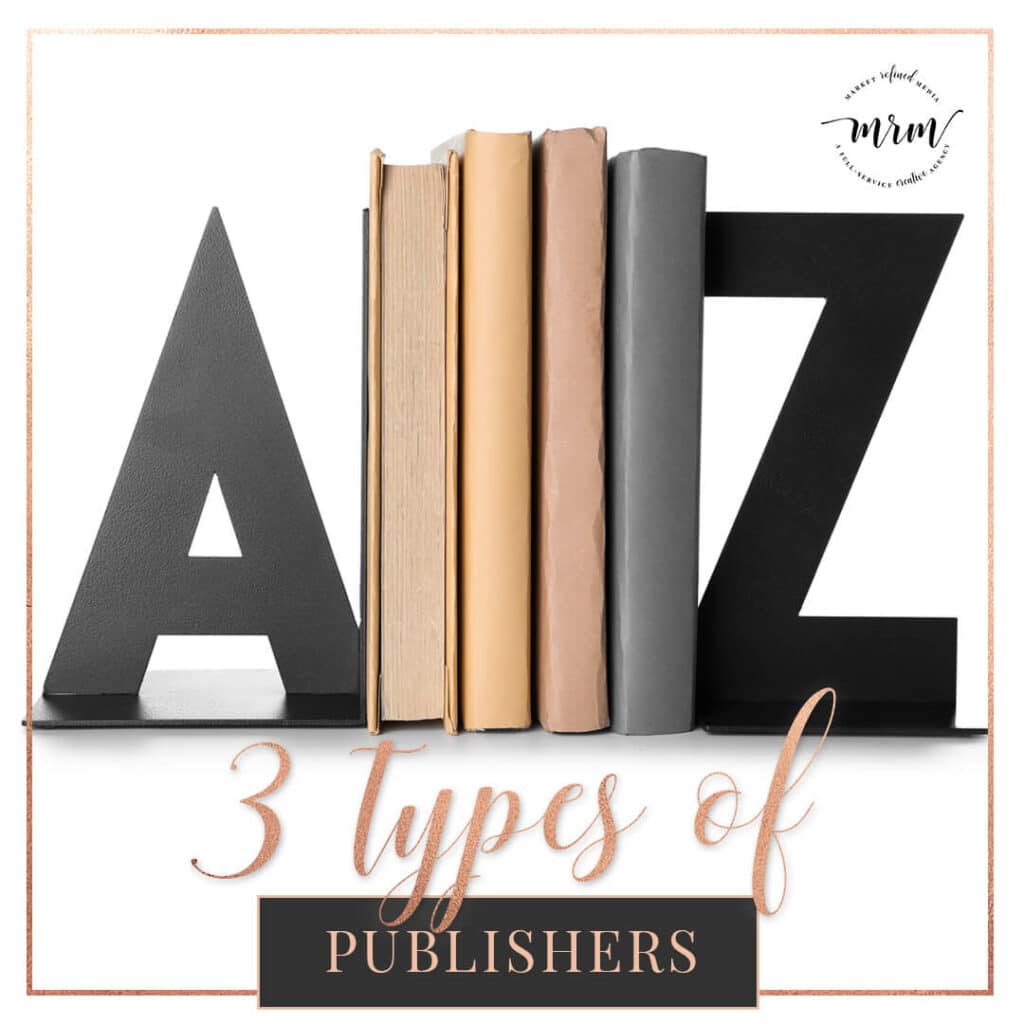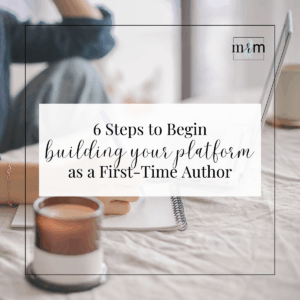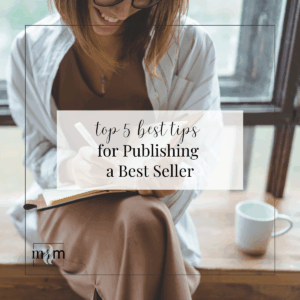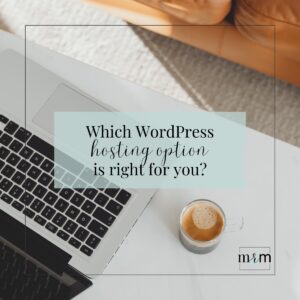
When it comes to sharing your words with the world, it’s important to know what publishing option is best for you. Be it traditional publishing, hybrid publishing, or self-publishing, each comes with its own pros and cons. Each option is fluid and ever-changing, all based on a variety of factors. Additionally, there is a lot of noise in the publishing realm currently as different companies step out into this lane, some driven by potential profits and some with an honest desire to serve aspiring authors.
You’ve invested time and energy—possibly even sweat and tears—so this next step is critical. Let’s look at a snapshot of the different publisher types to help you make an informed decision for what is right for you and your book.
Three Main Types of Book Publishers
Traditional or Trade Publishing
Most of the books you’ve read or recognize made it into bookstores through traditional publishing companies. For the most part, they pay authors an advance, buying the rights to edit, produce, publish, and sell the work. To get in the door with these companies usually requires an agent who handles all the negotiations on your behalf, as well as a robust platform of followers who are poised to buy your book.
The “Big Five” publishing houses include Simon & Schuster, Penguin Random House, HarperCollins, Hachette Book Group, and Macmillan.
Pros of Traditional Publishing:
- Receive an advance for your work
- Increased chance of hitting a bestseller list
- More marketing help and resources and more likely to get press attention
Cons of Traditional Publishing:
- Longer timeline to publish (average timeframe is 12-18 months)
- Less creative control – your book becomes a product of the publisher so much of the creative decision is up to them
- Low royalties and return on your investment
- Possible large financial investment expectations to market book (dependent on your publisher’s preferences or requirements)
Hybrid Publishing
Hybrid publishing (sometimes called partner publishing) is an option that exists somewhere between traditional and independent publishing. It can be a bit confusing or even controversial because there is no universal definition. In a legitimate, fully hybrid model:
- The publisher accepts manuscripts selectively and publishes under their own imprint.
- Authors share in financial risk and usually pay upfront for services.
- Both author and publisher invest in the success of the book. (Independent Book Publishers Association)
There are many different hybrid and partner models though, so if you are interested in a particular hybrid publisher, we definitely recommend further research into their structure and terms to see if this is best for you.
There may be submission guidelines, and the company may retain the right to direct the editorial and creative process. Some may make deals with traditional publishers, requiring authors to pay more upfront but yield higher royalties in the end. Overall, most hybrid publishers offer a partnership agreement, providing authors some in-house editorial and distribution support, as well as share in the book’s profits.
Pros of Hybrid Publishing:
- Professional publishing support without needing an agent
- Quick publishing schedule
- Possible traditional publishing option
- Potential creative ownership
- More creative control than traditional publishing
- Potentially higher royalties than traditional models
Cons of Hybrid Publishing:
- Author’s monetary investment and upfront cost
- Share royalties with publisher, in most cases, which can drastically minimize the return on your investment
- Responsibility of book marketing planning and execution, in most cases, is the author’s responsibility
- Services and quality vary greatly—do your research
- Some companies market themselves as hybrid but operate like vanity presses (minimal standards, high prices)—be cautious and check for transparent contracts and distribution pathways.
Self-Publishing & Publishing Service Providers
Self-publishing is a wonderful option for those with a great message but who lack the large platform required by most publishing houses. You will find different models to choose from, but for the most part self-publishing allows you to handle the entire process from A to Z with you in the driver’s seat. You are the publisher—you own the rights and the ISBNs, and you control distribution.
A true self-publishing author is both author and publisher and is solely responsible for all expenses related to writing, editing, designing and publishing his or her book. Publishing Services Providers (like where Market Refined Publishing began) help authors publish well by offering professional services without taking ownership of your rights or publisher status. Sometimes this option is referred to as “guided self-publishing”.
Pros of Self-Publishing:
- Quick publishing schedule
- Full creative control
- Full ownership and rights
Cons of Self-Publishing:
- Author’s monetary investment
- Possible lack of professionalism or accuracy in final product or process, if managed solely by the author
- Responsibility of book marketing planning and execution, if managed solely by the author
Market Refined Publishing
At Market Refined Publishing, we most accurately fit the Partnership Publishing Model. We don’t just publish books—we partner with authors as strategic allies through every phase of the publishing journey.
MRP brings expertise to every step of the publishing process, from content creation, editing, formatting and typesetting, cover design, copyright, marketing and publicity, and distribution. We work to amplify your message and optimize your reach in each area of support we offer. Because we’ve worked extensively with authors for more than a decade and know what works and what doesn’t, we are able to guide you with integrity and expertise.
What We Offer
MRP Model Highlights
Unlike traditional or hybrid imperatives:
- You keep 100% of your royalties—MRP charges transparent flat fees for the services you choose.
- You retain all rights and ownership to your content and accounts.
- You can print or un-publish anytime without seeking permission.
- You can order books in bulk on your own when you need them—there is no need to go through us or another publisher to make that happen, and you purchase these books at cost to print and ship only (no added fees).
- We support you with expert guidance, from DIY support menus to done-for-you publishing.
- We call this partner publishing with integrity—professional, transparent, collaborative.
What is the best publishing option for you?
Your book is more than ink on a page—it’s your voice, your impact, and your legacy. Take your time, research your options deeply, and align your publishing path with your goals. Key items to consider as you research and plan are: your available budget, the timeframe you would like, and how much support you will need. Whether you choose traditional, hybrid, or self-publishing with expert support, there’s a road to publication that’s right for you.
When you’re ready, MRP is here to walk alongside you—from planning to production to launch and beyond.
This post may contain affiliate links. Read our full affiliate disclosure here.





